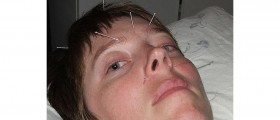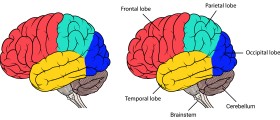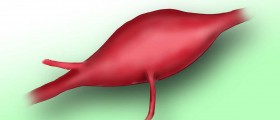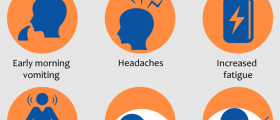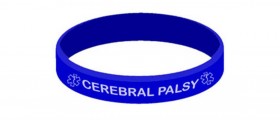Will bells palsy affect your brain?
Loading...
Hello.
Bell's palsy itself does not damage the brain. Bell's palsy is a condition that causes a sudden, temporary weakness or paralysis of the muscles on one side of the face. It happens due to inflammation or damage to the facial nerve (cranial nerve VII).
The exact cause of Bell's palsy is not known, but it's often linked to viral infections such as herpes simplex (which also causes cold sores), Epstein-Barr (which leads to mononucleosis), and others.
It affects the facial nerve, which is one of the cranial nerves that emerge directly from the brain. While the nerve is affected, the brain itself is not damaged by Bell's palsy. Symptoms of Bell's palsy can include drooping of the mouth or eye on one side of the face, inability to close one eye, loss of sense of taste on the front two-thirds of the tongue, hypersensitivity to sound in one ear, and more.
Most people with Bell's palsy recover fully within three to six months. Some might experience lingering symptoms, and a very small percentage may have permanent facial weakness or other issues.
While Bell's palsy often resolves on its own, treatments can help speed recovery and minimize complications. Common treatments include corticosteroids to reduce nerve inflammation and physical therapy exercises to stimulate the facial nerve. Some people might also be prescribed antiviral drugs, though their effectiveness is still a topic of discussion among experts.
Loading...


